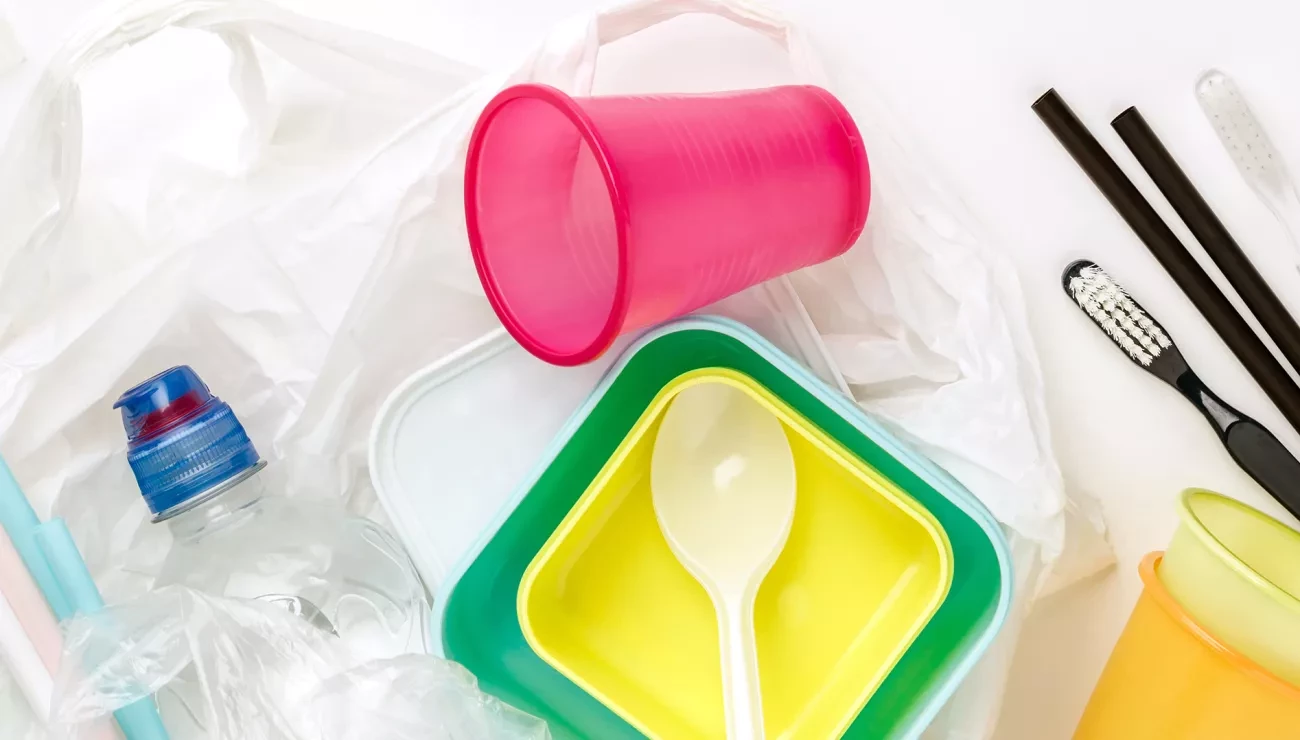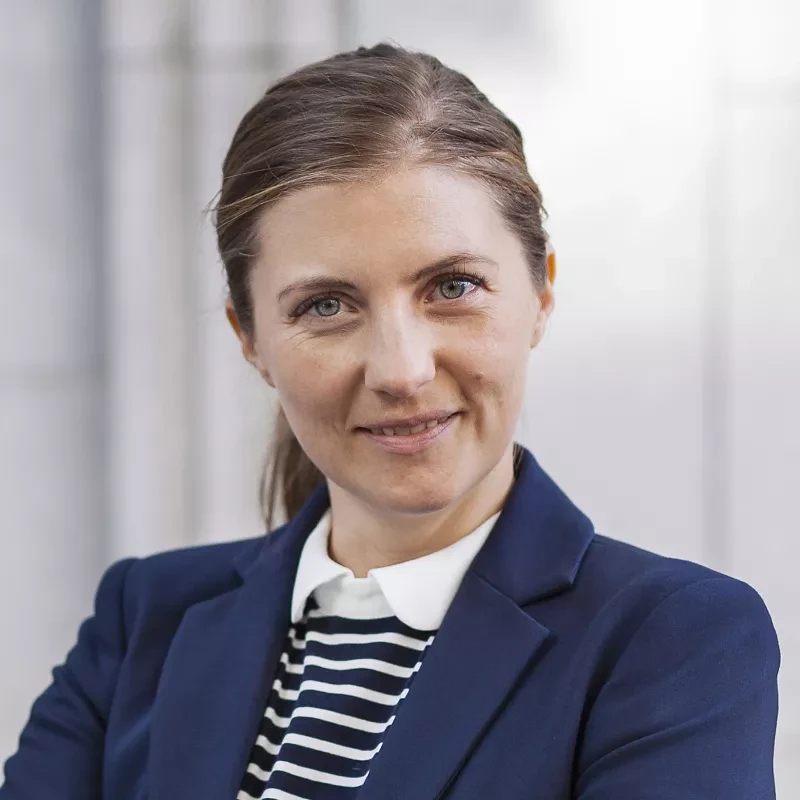
Group-wide waste reduction strategies reveal positive results
- Sustainability initiative
Sustainability goal: environmental
By 2030, Bruks Siwertell Group has a target to bring the amount of waste generated in its global business units to zero.
Reducing the amount of waste, managing waste correctly and seeking circular solutions are important strategies in reducing the overall environmental impact of Bruks Siwertell Group’s business and are therefore priority sustainability areas.
Solution and results
For the past twelve months, office units across the Group have stepped-up initiatives to reduce waste and position the company to meet this 2030 waste target.
The global nature of the company and its diverse range of production facilities and offices meant that a de-centralized, local approach has been necessary, essentially addressing site-specific waste reduction strategies. Highlights include:
Business unit round-up
In Salem, Oregon, USA, Bruks Siwertell company, West Salem Machinery, has embraced a number of strategies that span its offices, sales, maintenance, and manufacturing facilities and warehouse operations. For example, in the office and sales services, a recycling program for desk top printer cartridges has been implemented, which personnel can also use for non-business related. There is less printing across the office in general, and the aim is to move to a fully digitalized system by the end of 2024. As part of this, digital notebooks are being investigated. Sales travel has been reduced by 20% and a plastic bottle and aluminum-can recycling scheme is also now in place across the site.
In terms of Salem’s maintenance facilities, a new preventative maintenance program called Limble has been implemented, it tracks maintenance jobs, assets, and work requests. A new battery-operated maintenance vehicle is now in place, replacing a fossil-fuel version. The forklift truck for manufacturing operations has also been replaced by an all-electric version.
In manufacturing, paint quantities are more tightly planned and purchased per job to eliminate waste, along with structural steels, and excess paint and saw cutting coolant are sent to recycling facilities. The carbide smoke filters, dust, and particulate are all separated and recycled. The site is now setting up KPIs to determine its waste reduction progress.
Also in the US, Bruks Siwertell Group’s Atlanta office has reported a number of initiatives that include work to eliminate the use of plastic water bottles. Previously, personnel used around 4,800 individual plastic water bottles a year. Filling stations have now been installed and all personnel received a gift of a reusable stainless-steel bottle.
A second initiative that is currently running is the refinement of the office’s recycling program. All refuse bins have been replaced with versions that have compartments for separating landfill from recyclable elements. New signage to remind personnel to sort their waste has also been installed. Since their installation there has been a significant reduction in overall waste levels, with a much higher proportion of recyclable waste. The implementation of an enterprise resource planning (ERP) system, will also reduce the paper copies of invoices and other documentation.
Likewise, office units in Sweden are stepping up waste reduction. In Arbrå, all personnel have undergone training about recycling, a handbook on how to best recycle has been issued and more bins to separate waste in the offices and production facilities have been introduced. In addition to updated guidance around waste, the office has also started sorting food waste and works with a third-party waste partner.
The results have included much higher levels of understanding around waste and recycling and there is good support for the efforts. Going forward the office unit is working to reduce landfill and non-recyclable waste to zero and create KPIs to follow up waste reduction. It is hopeful of hitting the 2030 target, potentially even sooner if it continues its good collaboration with a waste specialist and with raising awareness amongst personnel even further.
Bäckefors is training its personnel and improving recycling with clear labelling, and is working with specialist waste contractors to achieve target zero. It has introduced three new recycling stations in the workshop, shrink plastics are now recycled in separate containers, and hazardous waste is sorted separately. The office is trailing different strategies, such as new packaging material that can more easily be separated into cardboard and plastics waste, and the Bokashi method of composting 100% of its organic food waste. The office unit is creating KPIs to follow up waste reduction strategies and is hopeful of reaching the zero-waste target if concerted efforts are maintained.
In Bjuv, the business unit is entering into a new agreement with specialist waste contractors and is even looking to partner up with other local businesses to minimize waste collections and traffic in the area. It is also looking to manage food waste and has embarked on a site-wide waste reduction education program. Like all the business units, Bjuv is looking to establish KPIs to ensure accurate follow-up and measurement of waste reduction efforts.
In Vilnius, Lithuania, the business unit is working with specialist waste contractors and has issued guidelines for all personnel with regard to how to sort waste. This has reduced the number of sorted waste containers from three to two. A future approach will be to investigate working with a different waste partner so that the unit can monitor waste weights, which would allow for KPIs to be set for waste reduction.
In Hirtscheid, Germany, the primary focus in 2023 was digitalization and saving paper. Adopting the ERP system, Monitor G5, meant that documents can be processed digitally and the reduction in paper use has been significant. This has also reduced the number of printers and toner cartridges. Waste sorting and recycling has been ongoing for several years, along with reusing packaging material.
Evident from all the initiatives within Bruks Siwertell Group, is that, going forward, continuing education programs for personnel are key, along with good collaborations with specialist waste contractors, and the establishment of KPIs so that progress is measurable and effective.
Monitoring and assessing sustainability milestones and achievements
Bruks Siwertell Group’s sustainability goals are assessed from an environmental, social, and governance (ESG) perspective, with each initiative falling into one or more of these categories. This is to clarify how different initiatives impact our overall sustainability work, and how their results can be used to maximum effect. It also contributes to our commitment to transparency. All aspects of our sustainability work are designed to be educational, so that we increase our knowledge and adjust our ambitions accordingly.
PLEASE CONTACT US FOR MORE INFORMATION

Categories: Environment
 Bruks-Siwertell
Bruks-Siwertell